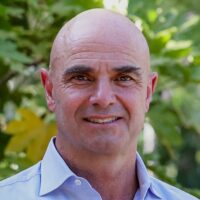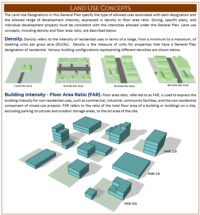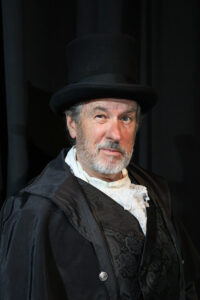On Earth Day, I joined over 40,000 people in Washington DC for the March for Science. I marched in solidarity for the advancement of science and to further the pursuit of progress in this field.
Because of recent events including the rollback of environmental protections, increased emphasis on climate change denial, and acceptance of fiction over facts, it was clear that I needed to join my fellow scientists for this historic event.
The April 22 event was conceived after the presidential inauguration in January. The mission was to celebrate science, championing and defending science and scientific integrity. It was a protest, but not a political one.
Walking a fine line between politics and science, the march diplomatically addressed both. It was explicit that the March was not a partisan debate. Some scientists chose not to march because of politics, or because they did not believe that policies were likely to change as a result of the March.
For me, on the other hand, as a scientist and as a school superintendent, promoting to the students and our future leader the value of science, there was no question as to whether or not I would attend. I was joined by Altimira Middle School teachers Michelle Walters and Pam Murray.
“What inspired me to march?” says Murray. “That’s an easy one — my students.” After finishing a unit on Global Warming and Climate Change, she recalls her sixth grade students reading articles on the Paris Accord, and they were curious to know if the United States would still work with countries around the world to fight climate change.
Students were asking, “What can we do to make sure that the United States upholds their part of the agreement?” Murray decided at that moment that the March for Science was important.
“I am hoping our government will see that tens of thousands of people, all over the country, recognize that cutting funding for science should not be an option.” Quoting Nelson Mandela, Murray said, “education is the most powerful weapon which you can use to change the world.”
Michelle Walters said, “I see this March as the beginning of a new relationship between scientists and the public. It’s a starting point… we now have a duty to continue the pro-science movement of encouraging the public to learn to be scientifically literate and to trust science and scientists.”
The organizers of the event came together to talk about next steps and actions all of us can take to continue to promote science in our communities. For more information, visit: https://satellites.marchforscience.com/





Be First to Comment